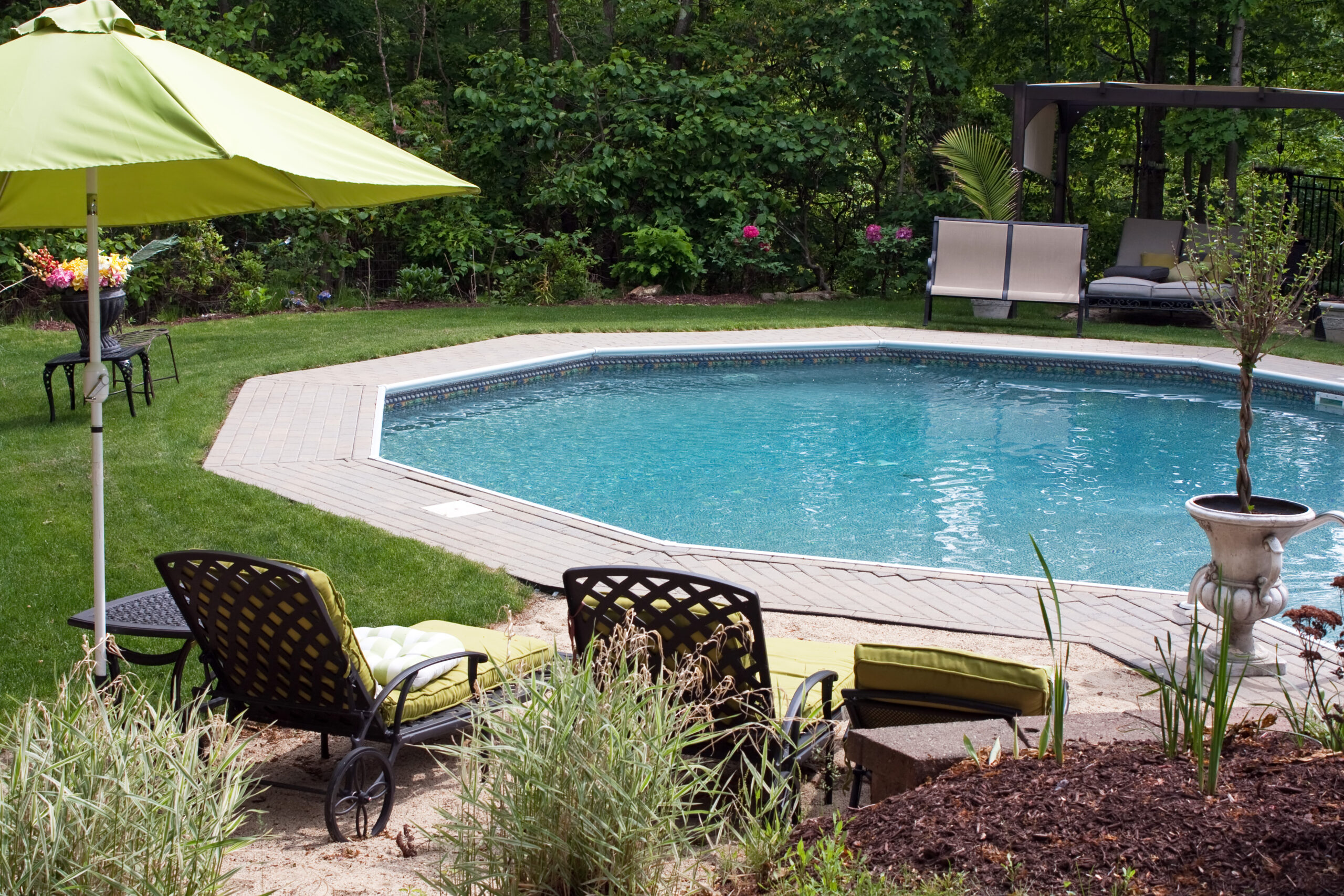If you’re thinking about adding a swimming pool to your backyard, there are many options available. However, one of the most popular choices is a custom inground pool. These pools offer numerous benefits that other types of pools simply can’t match. Here are some reasons why choosing a custom inground pool might be right for you:
Introduction to Custom Inground Pools
Custom inground pools are designed and built specifically for your yard. Unlike pre-fabricated above ground pools or small fiberglass models, these pools are tailored to fit your unique space and design preferences. They can be constructed in any shape or size, allowing you to create a truly personalized oasis in your own backyard.

The Benefits of Choosing a Custom Inground Pool
One of the biggest advantages of a custom inground pool is its durability. Because they are made with high-quality materials like concrete and gunite, these pools can last for decades with proper maintenance. Additionally, custom inground pools tend to hold their value better than other types of pools, making them an excellent investment for homeowners.
Another benefit of a custom inground pool is its versatility. With so many different design options available, you can create a pool that suits your lifestyle perfectly. For example, if you love entertaining, you may want to include features like waterfalls, fountains, and LED lighting to make your pool a focal point of your outdoor living area. On the other hand, if relaxation is more your speed, you could opt for a serene infinity edge or negative edge pool that blends seamlessly into your landscape.
How to Select the Right Swimming Pool Company for Your Project
When it comes time to choose a company to build your custom inground pool, there are several factors to consider. First and foremost, look for a reputable contractor with experience building pools in your area. Check online reviews from past customers and ask friends and neighbors for recommendations. You should also request references from potential contractors and follow up with those references to get a sense of their work ethic and quality of craftsmanship.
Once you have narrowed down your list of potential companies, meet with each one in person to discuss your project. Ask questions about their construction process, warranty coverage, and ongoing maintenance requirements. Make sure you feel comfortable with the company’s communication style and level of expertise before signing a contract.
The Pool Construction Process: What You Need to Know
Building a custom inground pool takes time and effort, but the end result will be well worth it. The first step in the construction process is typically excavating the site and preparing the soil for installation. Next, the pool shell will be formed using either concrete or gunite, depending on your preference. Once the shell has cured, plumbing and electrical systems will be installed, followed by the finishing touches like tile, coping, and decking. Throughout this process, your contractor will keep you informed every step of the way, ensuring that you know what to expect at each stage.
Creating Your Dream Backyard Oasis with a Custom Inground Pool
With a custom inground pool, the possibilities for creating your dream backyard oasis are virtually limitless. Consider incorporating features like a sun shelf or tanning ledge where you can lounge in shallow water while still enjoying the warmth of the sun. A spa or hot tub is another great addition, providing a peaceful retreat after a long day. And don’t forget about landscaping! Adding plants, trees, and flowers around your pool can help create a natural, tranquil atmosphere that complements your new aquatic centerpiece.
Maintenance Tips for Your New Custom Inground Pool
While custom inground pools require less maintenance than some other types of pools, regular care is essential to keeping your pool clean and safe. Be sure to brush the walls and floor regularly to prevent dirt and debris buildup, and adjust the pH levels as needed to maintain optimal water balance. Also, remember to check the filter frequently and replace it when necessary. Finally, schedule annual inspections and repairs as recommended by your contractor to ensure that everything is functioning properly.





